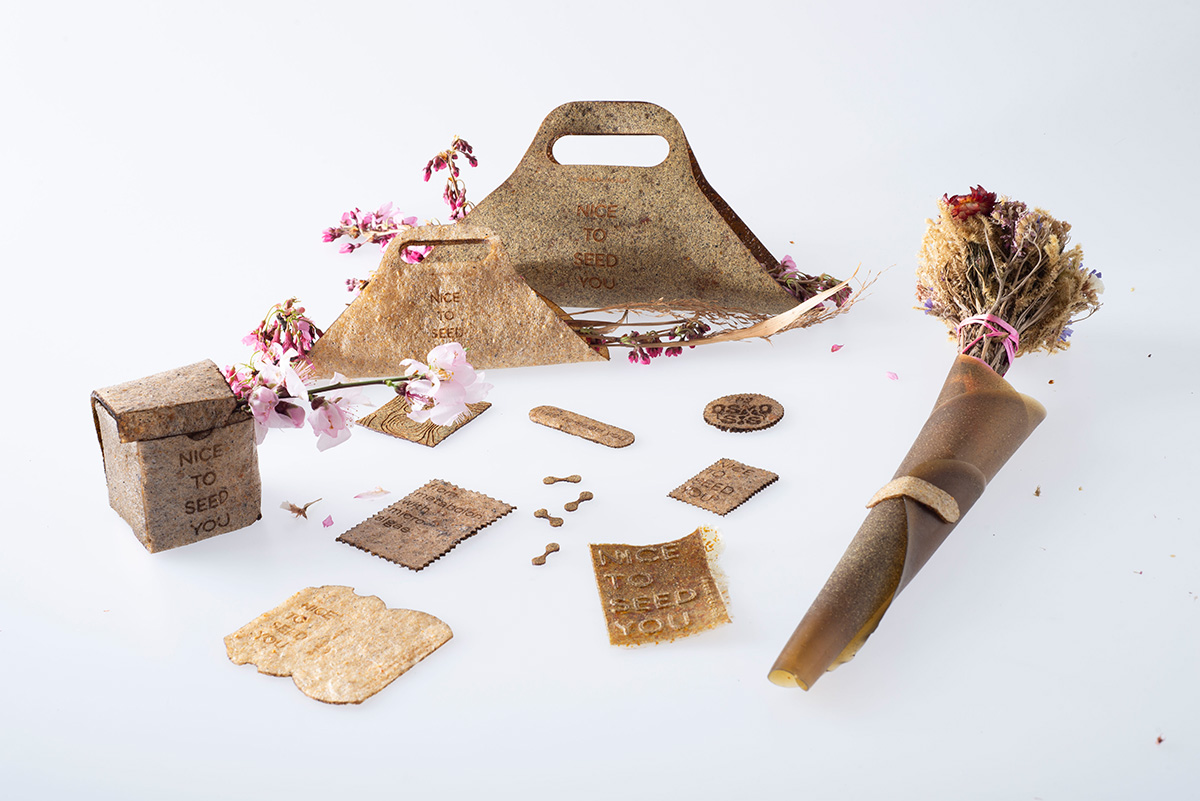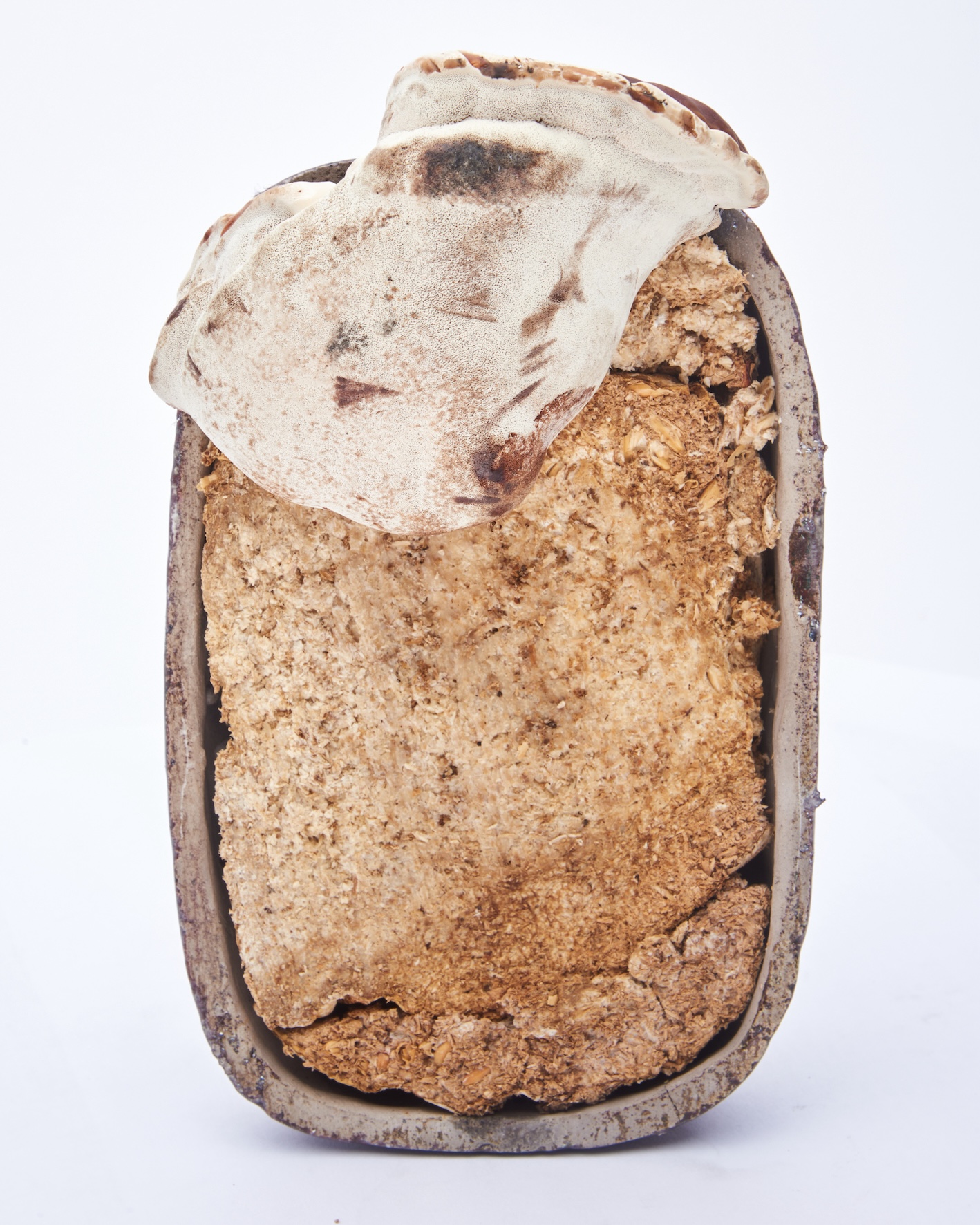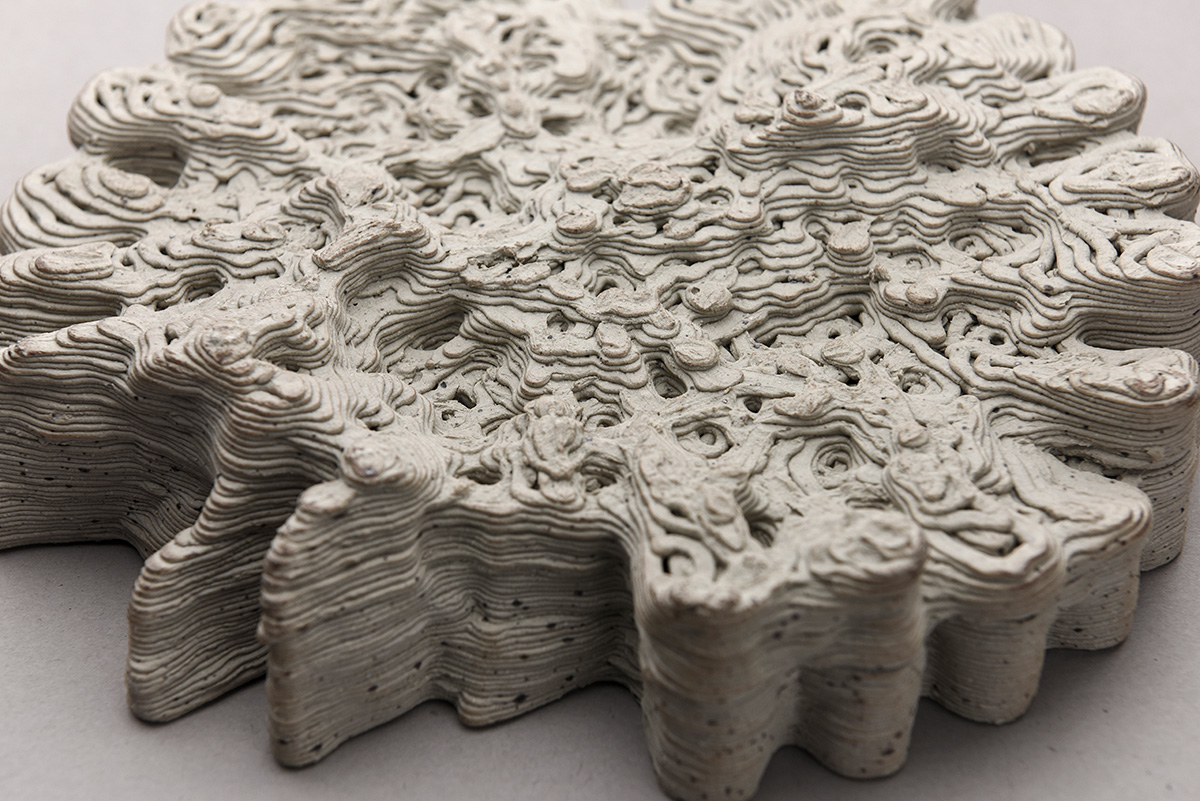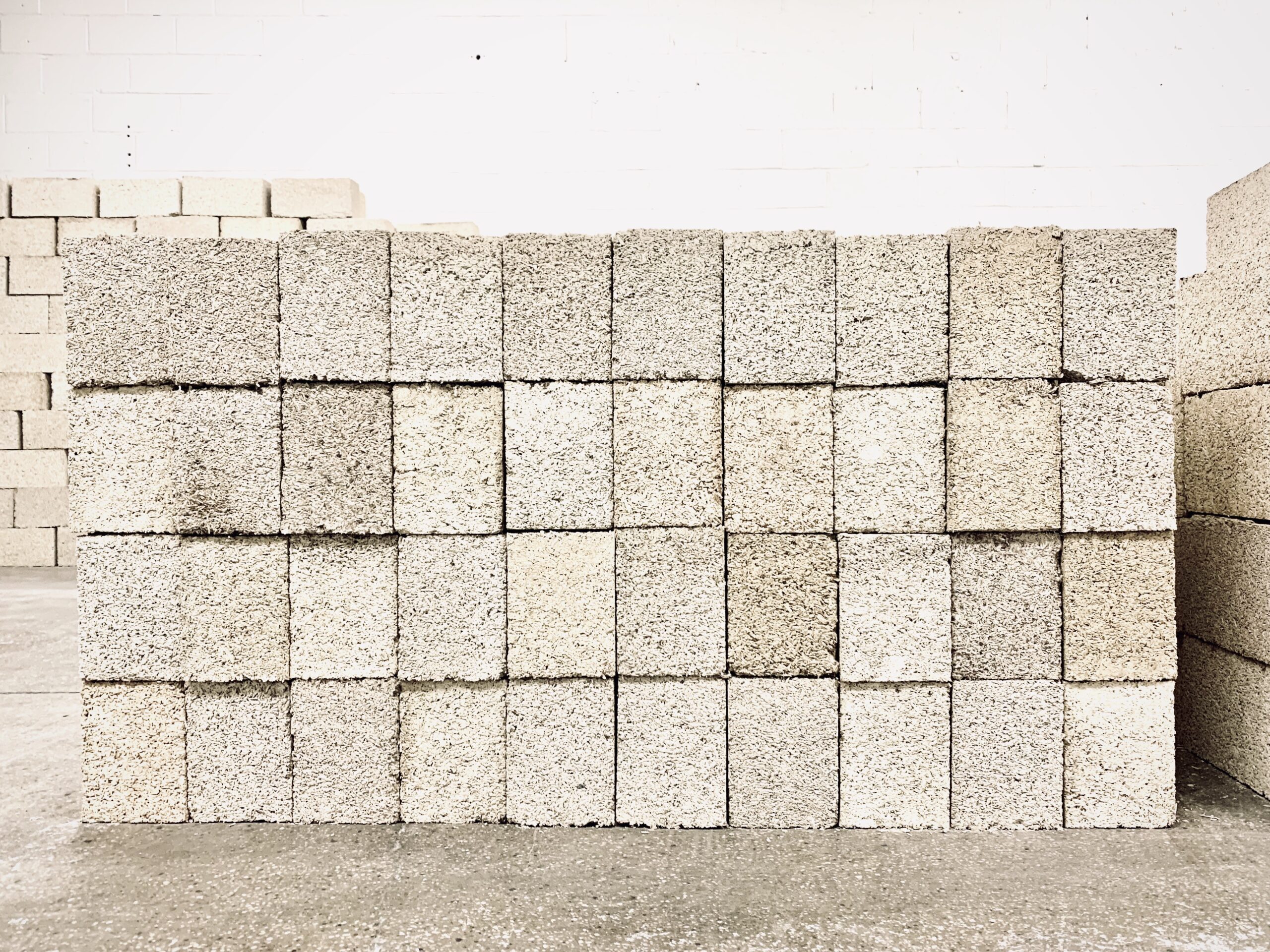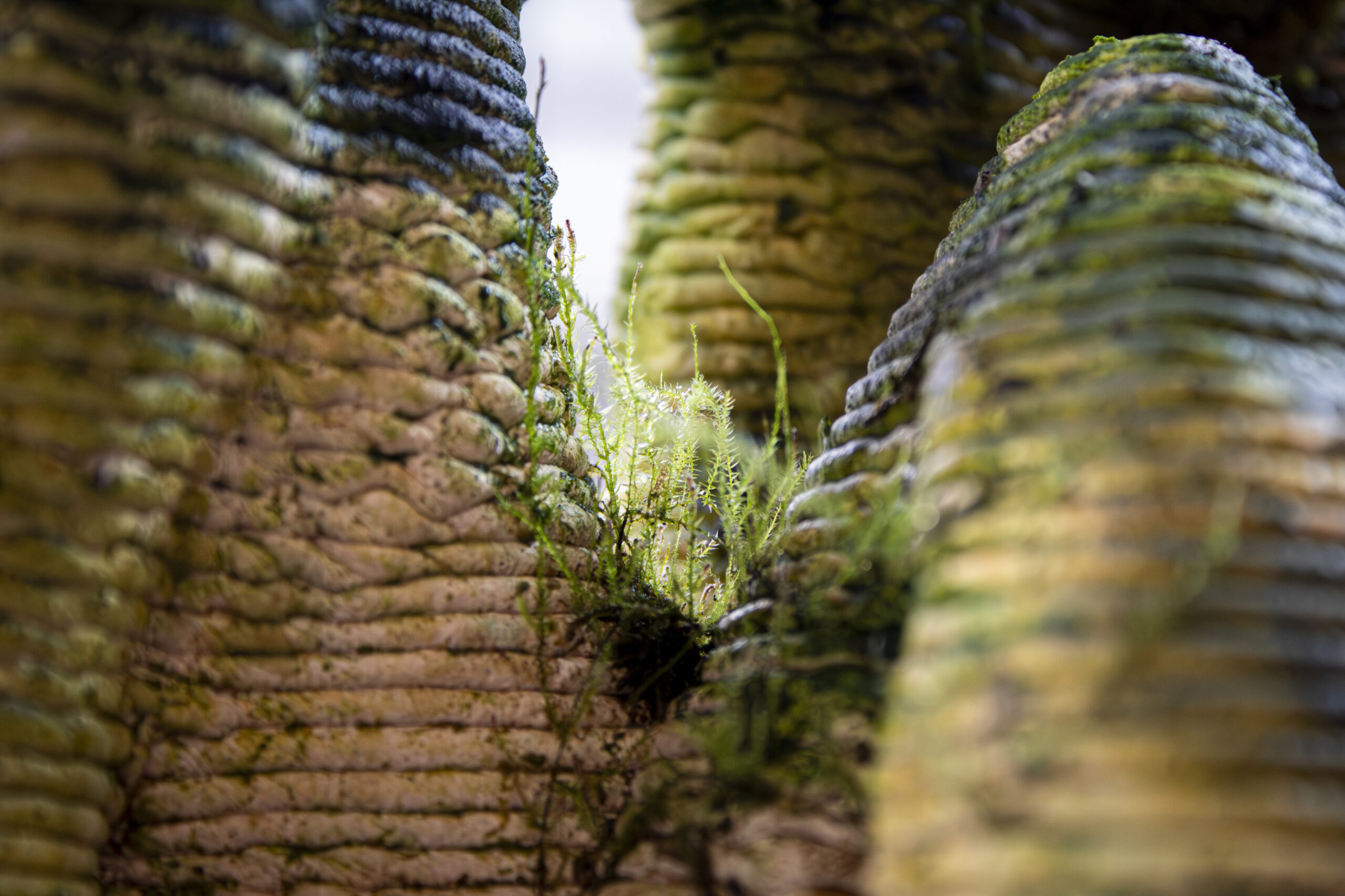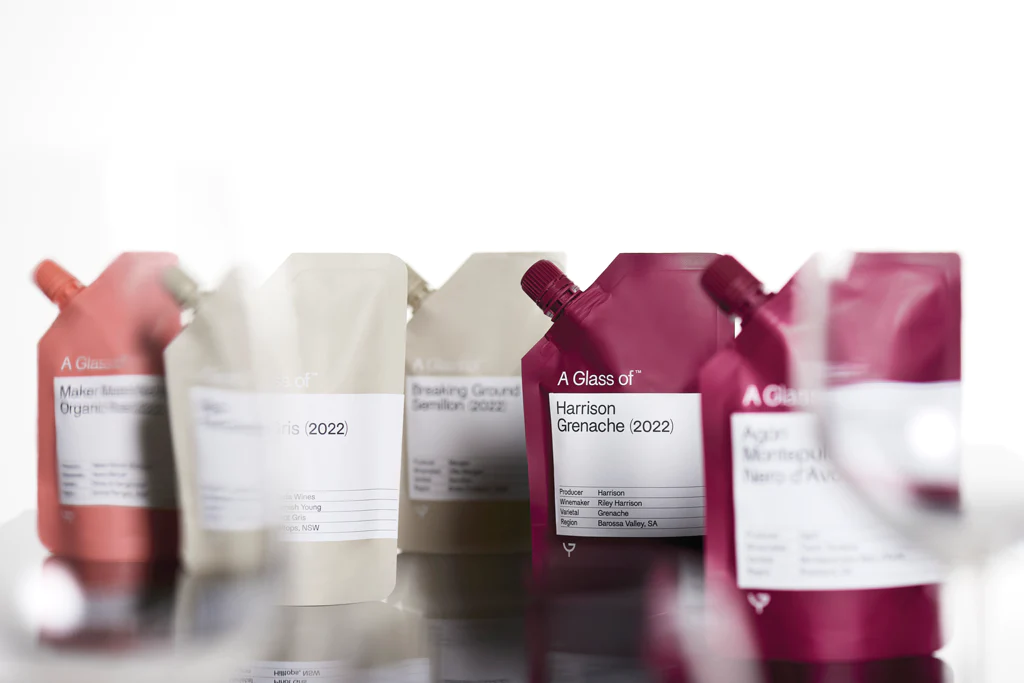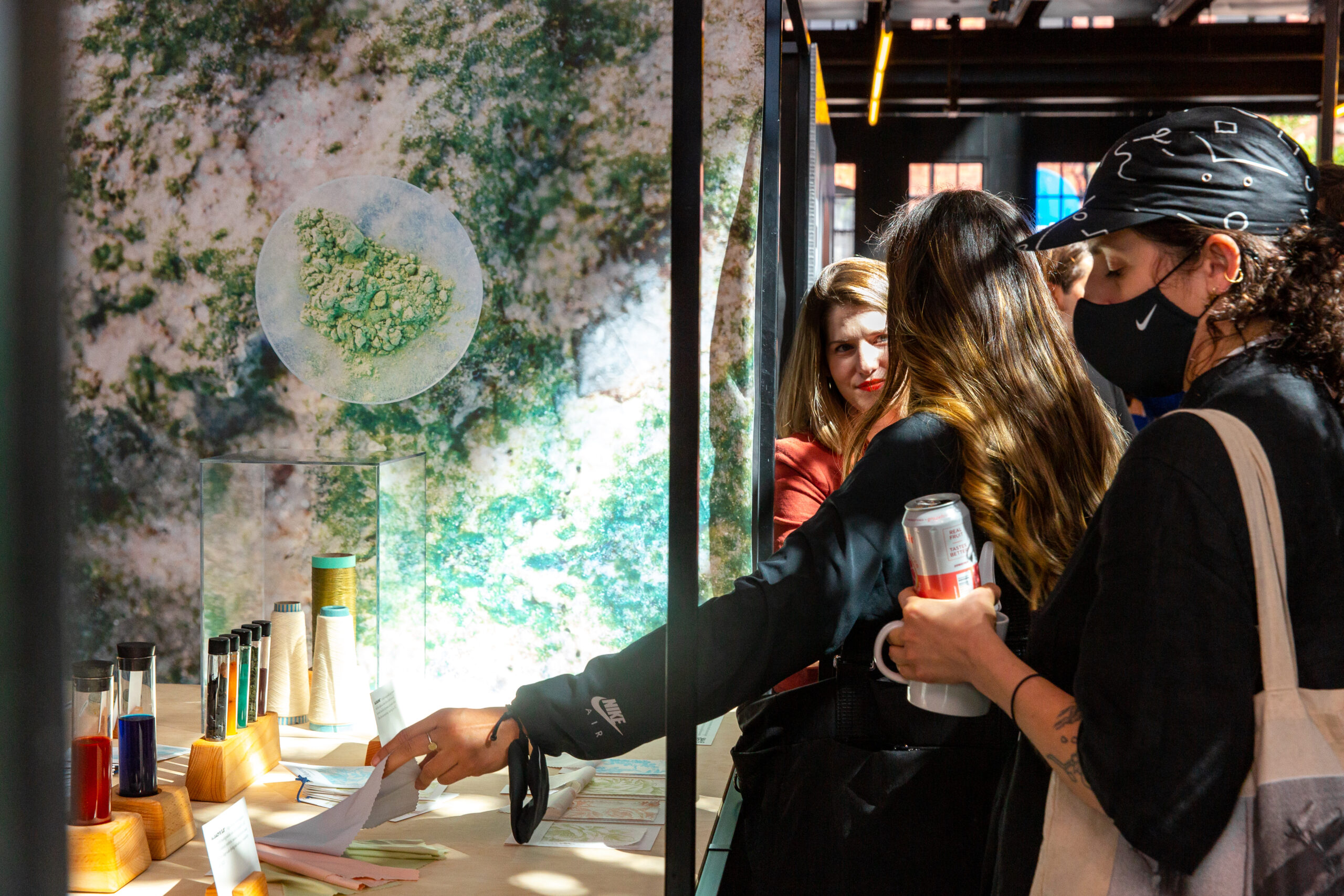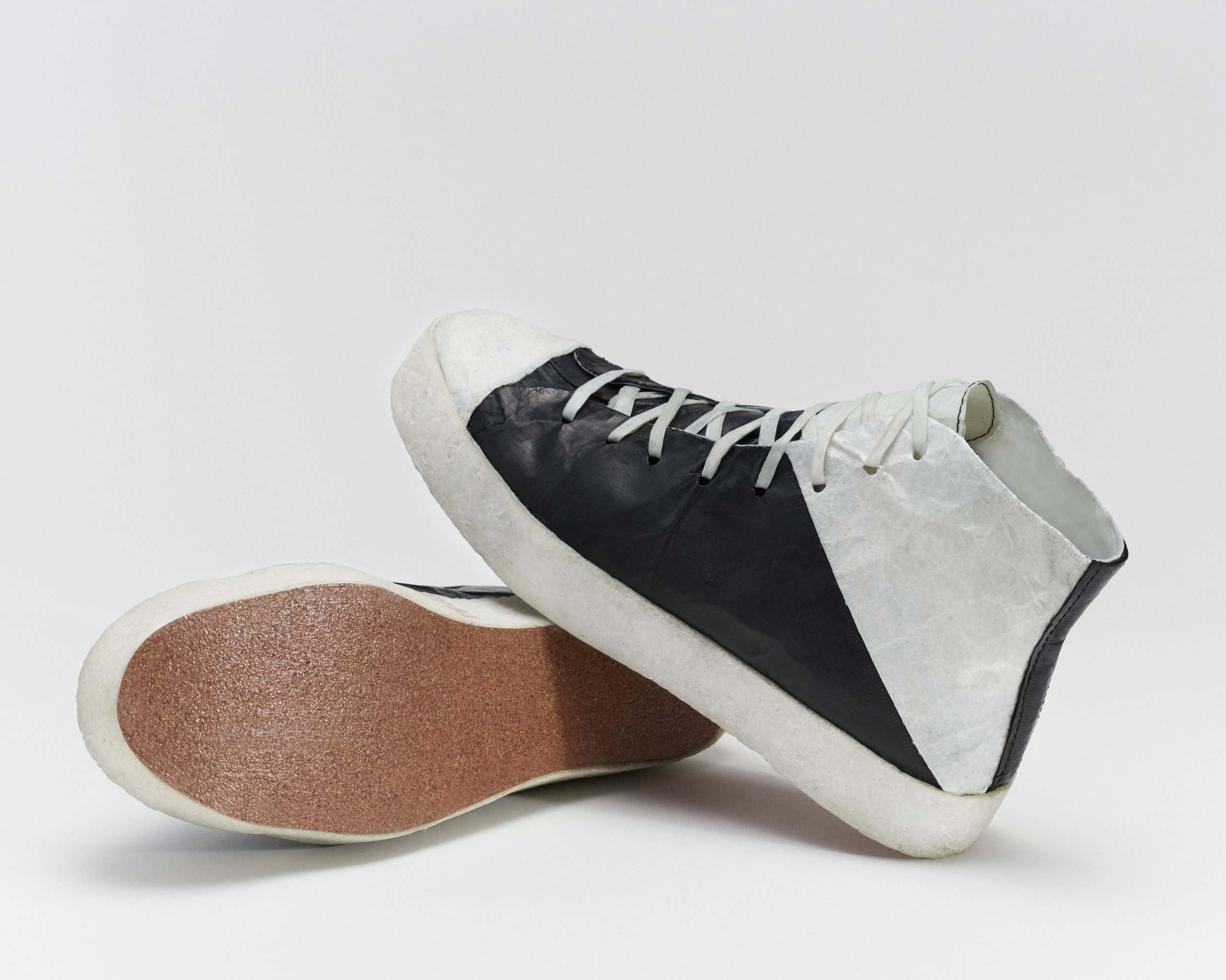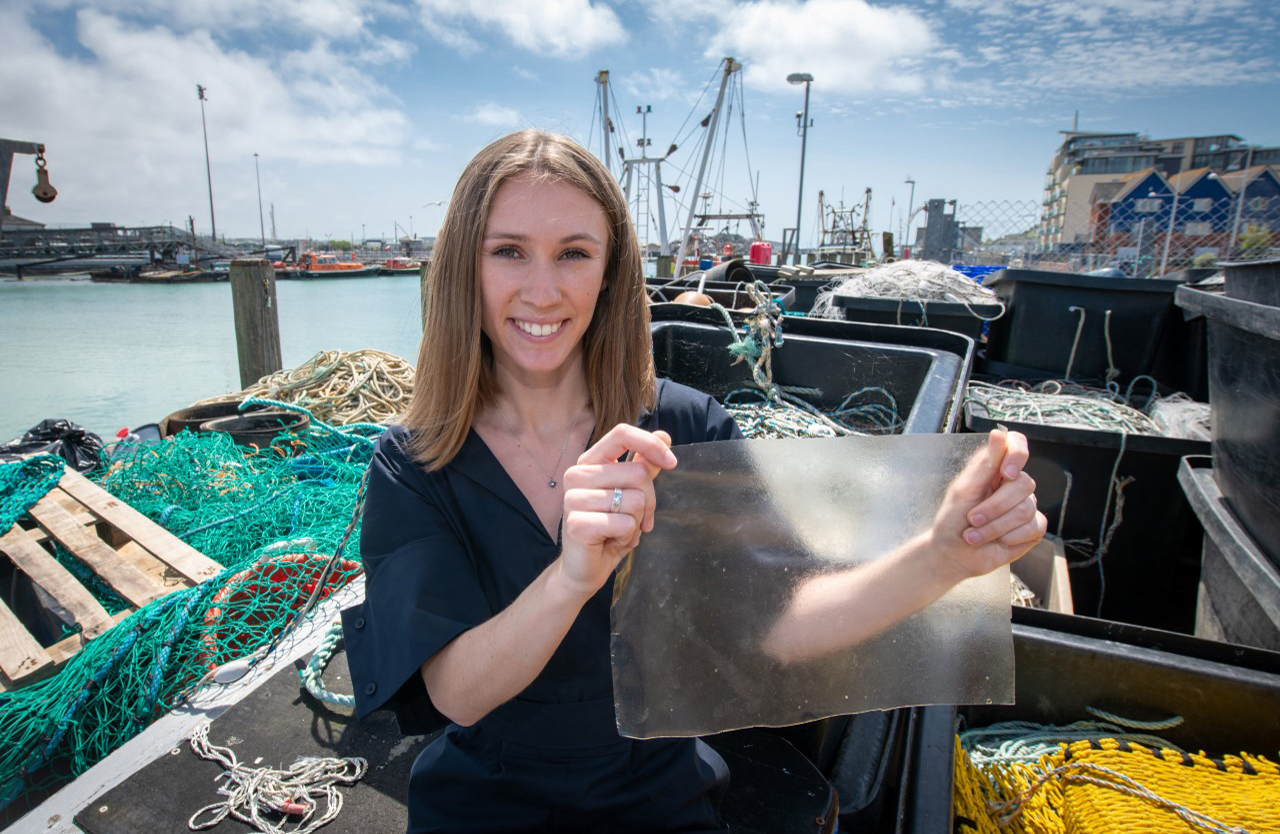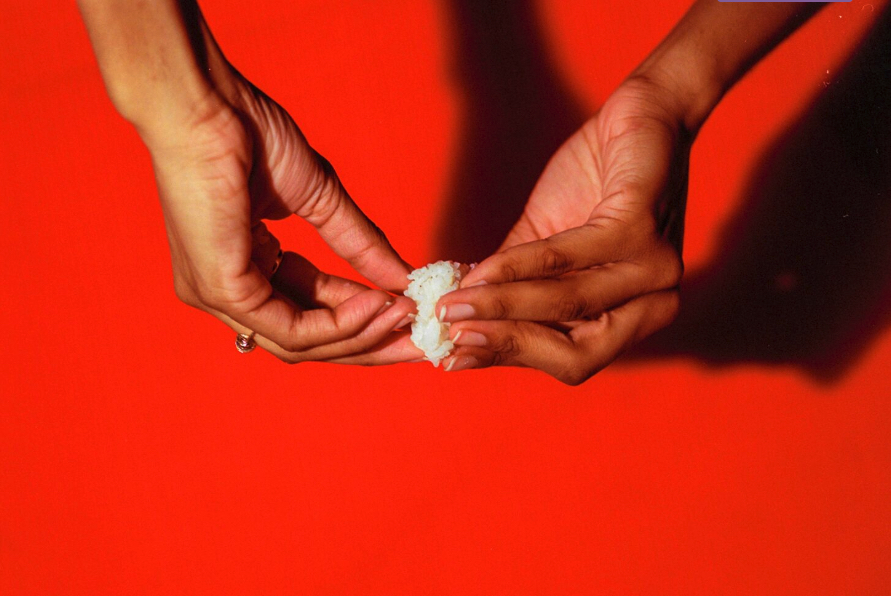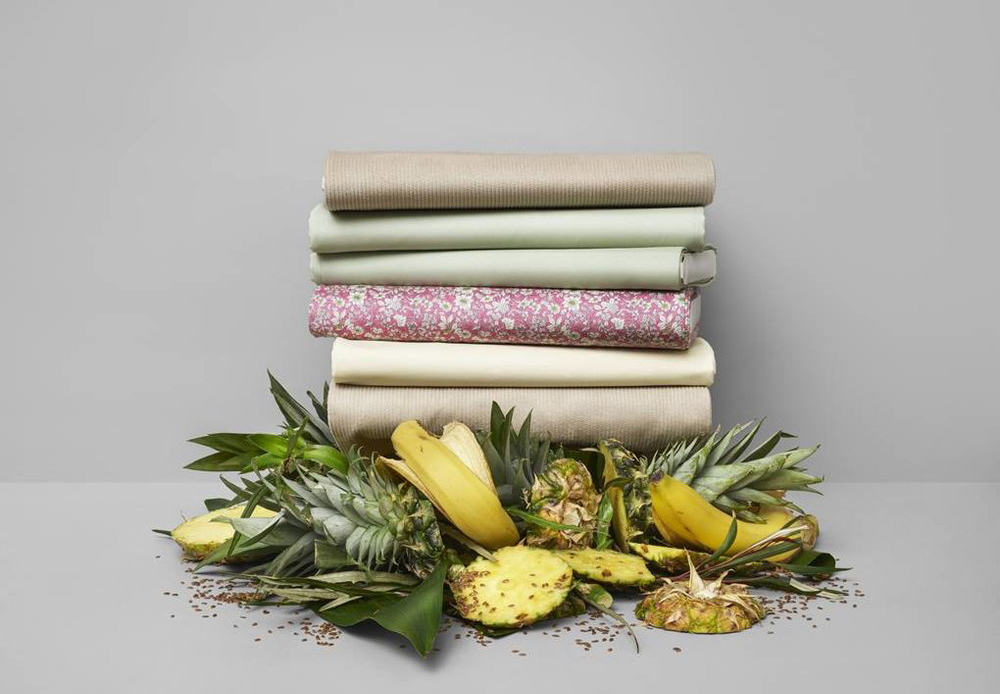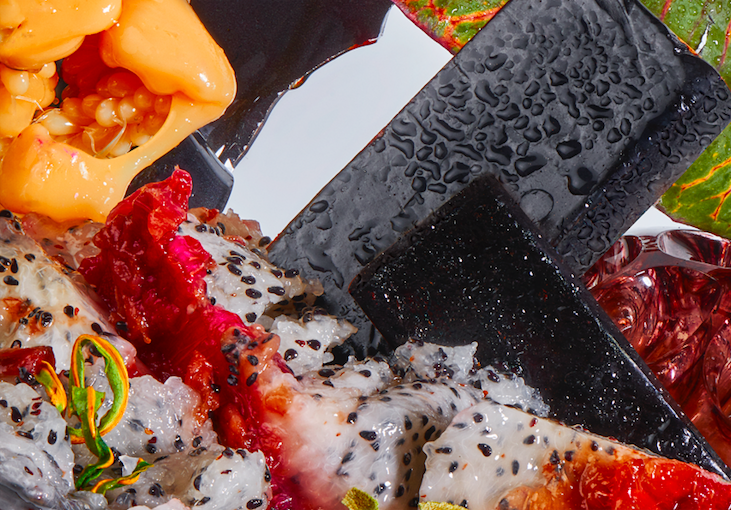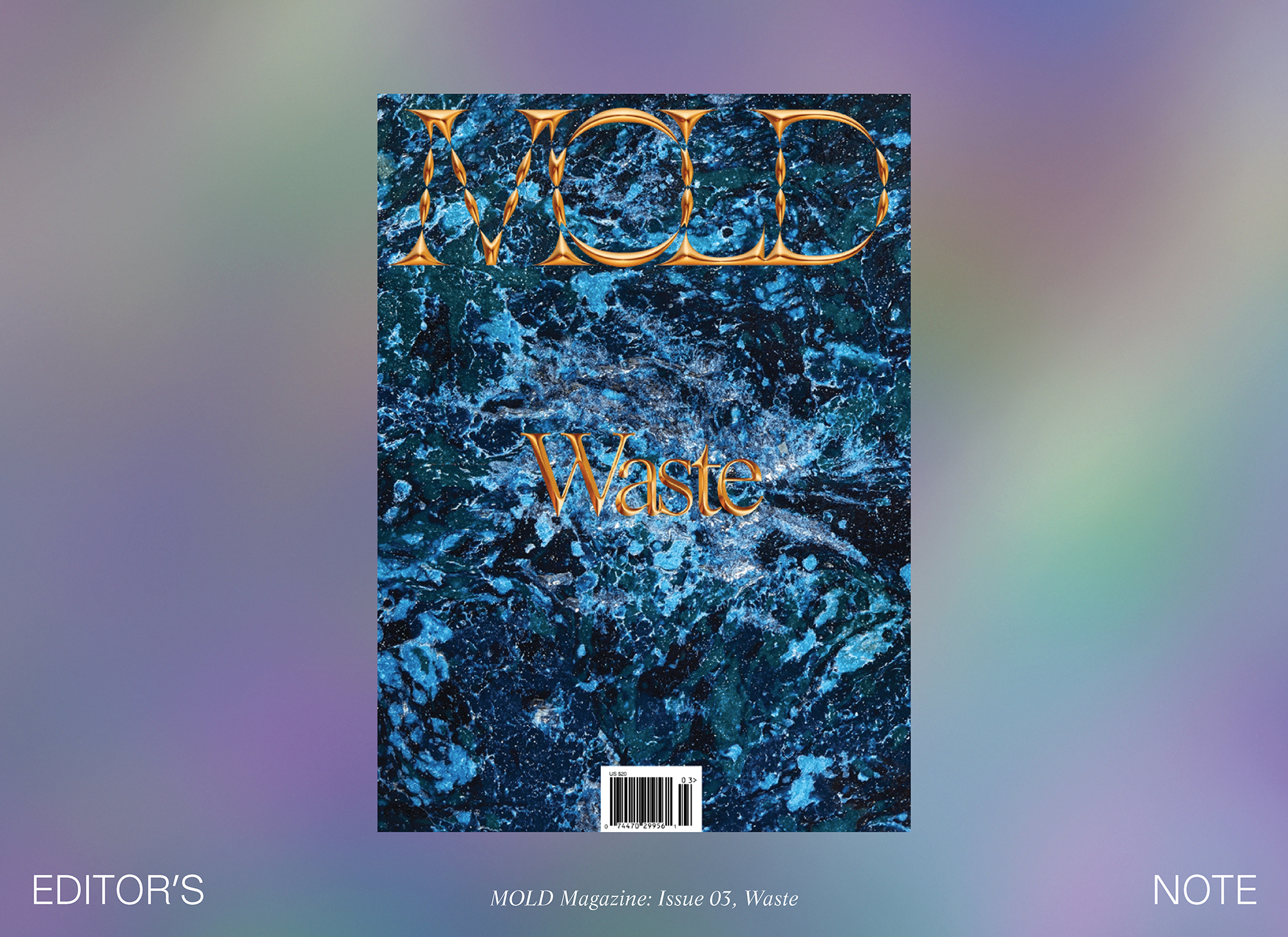This story is part of MOLD Magazine: Issue 03, Waste. Order your limited edition issue here.
In the half-million year history of people searching for ways to extend the shelf life of food, the most recent breakthrough is one you’ve likely never even heard of. Apeel, a plant-based coating developed by California-based startup Apeel Sciences, wants to claim its place in the food history pantheon right next to refrigeration, canning, pasteurization, curing, smoking and fire.
The way Apeel works is simple: “We use food to preserve food,” says CEO James Rogers. The product is a semi-permeable coating that delays produce spoilage by slowing down the rate at which moisture escapes an avocado, say, and oxygen enters. It’s invisible, odorless, tasteless, “generally recognized as safe” by the FDA and completely made from plants.
Employing fruit and/or vegetable byproducts—think skins, pulps, seeds and stems of anything from tomatoes to grapes—Apeel extracts what they want (primarily lipids) by basically expediting the composting process with additional heat, pressure and mechanical agitation. The company eventually transforms their desired extracts into a fine-tuned powder cocktail (there are different recipes for different kinds of produce) that, when mixed with water, farmers, packers, distributors or other players along the value chain could apply to their produce as part of their existing washing and packing workflow.
If even just in trials, Apeel’s effect to date has been dramatic. “It’s worked on every [produce type] we’ve tried so far,” Rogers says. For example their first, commercial avocado product doubles shelf life across all environments; in the lab they’ve tripled shelf life for produce across a dozen categories and “have a pathway” for quadrupling it according to Rogers. If so, then in theory, he believes Apeel could ultimately replace the entire cold chain from field to plate—a staggering proposition to say the very least.
What’s perhaps easier to envision in the near future is Apeel maintaining produce quality while mitigating our systemic food waste problem. “We’re only as good as the product starts,” Rogers says. He believes that if applied after harvest at the farm, Apeel can help preserve fruits and vegetables when they’re ready instead of continuing the current industry status quo of prematurely picking produce so that it ripens in transit. Consequently, the produce will be more attractive and last longer on shelves and in people’s kitchen, presumably decreasing grocery store and home waste. More broadly, Apeel is currently working with smallholder farmers in food insecure regions of Kenya and Nigeria to help them preserve essential staples like cassava—a program they are working on with the Bill and Melinda Gates Foundation.
It’s still too soon to say what Apeel’s overall impact might be, but if it realizes its promise, we’ll remember the late twenty-tens as the dawn of a new chapter in food preservation history.


